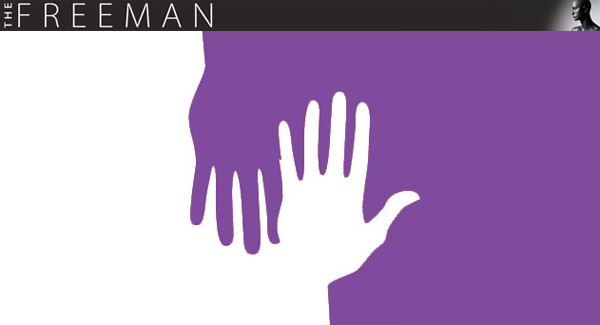The Anarchism of Milk and Cereal
Anti-Statism
Julie Eva Borowski has done it again with a solid video on the issue of libertarian in-flighting. The caricature has me saying something wonderful about the decision to pour milk in my cereal. “Beautiful anarchy!”
Well, it’s not entirely absurd. The decision to pour milk or not to pour milk is an illustration of human volition that is embodied in all our decisions. There is no police present at the moment of choice. There is no plan in place that makes us pour or not to pour. Even if there were a plan, it is likely to be ignored. It would be destined to fail.
Actually, as I think about it, there is something of a plan. According to the government, cereal is only part of a “nutritious breakfast.” You know, the pictures on the ads. There is a big glass of orange juice, a piece of toast with butter, probably another glass of milk, and probably a half slice of grapefruit. It’s absurd. I’ve never seen anyone eat all that on a regular basis with cereal. On the contrary, we shake the box in the bowl and eat. We are defying the plan, even that urged on us by manufacturers.
So yes, there is a core of anarchism in the decision to pour and eat.
And it doesn’t just stop with the pouring and eating. The anarchist dimension of production is illustrated in the very existence of milk and cereal.
…
The Anarchism of Milk and Cereal Read Post »




 In a recent post on my personal blog (
In a recent post on my personal blog (